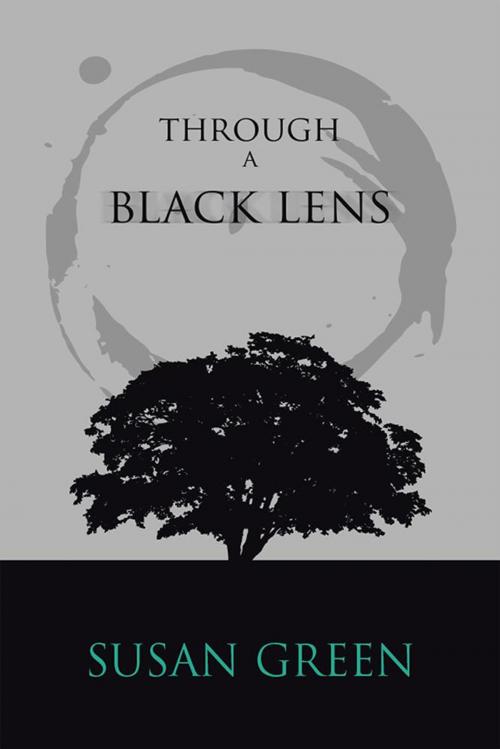| Author: | Susan Green | ISBN: | 9781524579623 |
| Publisher: | Xlibris US | Publication: | February 2, 2017 |
| Imprint: | Xlibris US | Language: | English |
| Author: | Susan Green |
| ISBN: | 9781524579623 |
| Publisher: | Xlibris US |
| Publication: | February 2, 2017 |
| Imprint: | Xlibris US |
| Language: | English |
I have attempted to integrate several of psychologist and professor Carol Gilligans ideas and psychological concepts to literally write through a black lens. My book, Through a Black Lens, is a nonfictional novel that psychologically describes the life experiences of black women through a black historical lens. Considering the psychological effects of the sociopolitical climate blacks wrote under, I describe why I believe black female authors left a literary legacy for their black daughters through their writing. It was the intention of outstanding black female authors to preserve their historical experiences in their written works and to create historical literature that can be remembered through the relational experiences of their daughters lives. This is what creates the commonality in the language, the content of their literature, and the lives of black women. And I believe it is this legacy that establishes the underpinnings of the black feminine criticism that will best frame the black womans standpoint epistemology.
I have attempted to integrate several of psychologist and professor Carol Gilligans ideas and psychological concepts to literally write through a black lens. My book, Through a Black Lens, is a nonfictional novel that psychologically describes the life experiences of black women through a black historical lens. Considering the psychological effects of the sociopolitical climate blacks wrote under, I describe why I believe black female authors left a literary legacy for their black daughters through their writing. It was the intention of outstanding black female authors to preserve their historical experiences in their written works and to create historical literature that can be remembered through the relational experiences of their daughters lives. This is what creates the commonality in the language, the content of their literature, and the lives of black women. And I believe it is this legacy that establishes the underpinnings of the black feminine criticism that will best frame the black womans standpoint epistemology.















